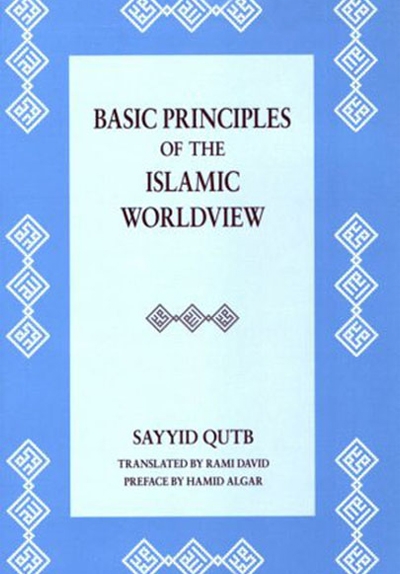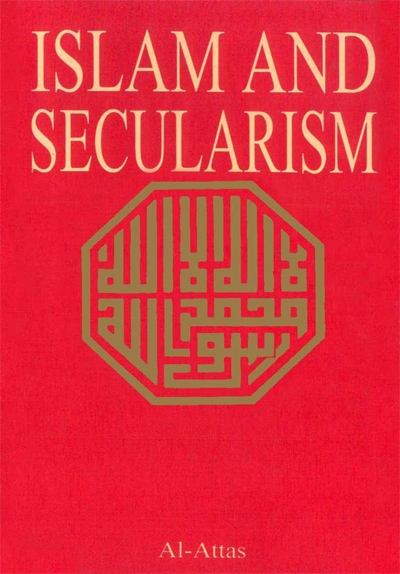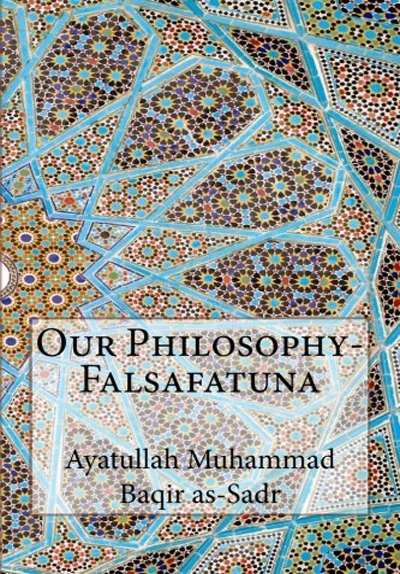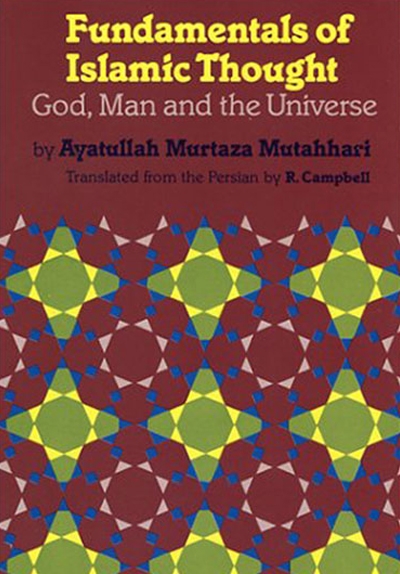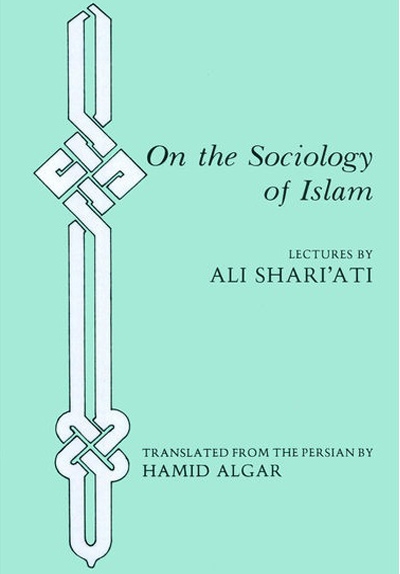



There is a general perception among most people that material possessions lead to happiness. This is not necessarily true. ICIT Director exposes this fallacy through empirical evidence.
Muslims worldwide must develop a better understanding of the true nature of Al Saud and not fall for their poisonous propaganda
Materialist consumerism has become one of the defining characteristics of western/modern societies. YUSUF AL-KHABBAZ discusses how the problem can be addressed by Islam’s ethical and moral framework
1Sayyid Qutb, executed in 1966 by the Egyptian government but still broadly influential today, was deeply convinced that Islam provides an ideal framework for all of human existence -- individual and social, political and economic, intellectual and spiritual. He believed equally that in all these various aspects the religion had been obscured or distorted by an influx of alien influences. In this, one of this most widely read works, he addresses himself to the task of retrieving what he regards as the authentic mode of thought that is distinctive of Islam or even unique to it. This he does through the concise presentation of seven characteristics of Islamic thought, abundantly illustrated with citation of relevant Qur'anic verses. The translation has been edited and introduction by Hamid Algar, who places Sayyid Qutb and his work in his historical and contemporary context, and evaluates the ideas contained in the book.
1Written more than twenty years ago, this book is one of the most creative and original works of a Muslim thinker in the contemporary Muslim world. The author deals with fundamental problems faced by contemporary Muslims and provides real solutions, beginning with a discussion on ‘The Contemporary Western Christian Background’ in Chapter (I), followed by his analysis of the concepts (which he newly defines) of ‘secular’, ‘secularization’, and ‘secularism’ in Chapter (II). All this is then contrasted in Chapter (IV) of the book entitled ‘Islam: The Concept of Religion and the Foundation of Ethics and Morality’.
1Our Philosophy is a collection of our basic notions concerning the world and our way of understanding it. For this reason, the book, with the exception of the Introduction, is divided into two investigations: one concerned with the theory of knowledge, and the other, with the philosophical perspective of the world.
1Mutahhari's work is marked by a philosophical clarity that particularly qualifies him to deal with the fundamental problems of religious thought that form the subject of this book. The first essay, "Man and Faith," describes the distinctive characteristics of man as an order of creation and establishes his lasting need for both science and faith as complementary means of understanding the universe. Then comes an examination of a key concept of Islam, "The World-View of Tauhid," including some of its implications for the structure of the universe as well as for society and culture. The third essay deals with the nature of the Islamic philosophical tradition from which Mutahhari's thought is derived. The collection is completed by three shorter pieces in which Mutahhari demonstrates his awareness of Western as well as Islamic thought and offers fresh views on several fundamental issues religious concern.
1In preparing the way for the unparalleled surge of Islamic revival in Iran, many factors have been at work. One of the most important is the legacy of Dr. Ali Shari'ati (1933-1977). A teacher, scholar and writer, Shari'ati and a dynamic influence on the young people of Iran with his classes, discussions, free lectures and articles during the 1960's and 1970's. The book does not pretend to offer a complete scheme of Islamic sociology, nor did Shari'ati himself claim to have developed a complete scheme. With his original and courageous mind, he did, however, put forward a number of totally fresh concepts relating to the sociology of Islam, and it is these we have sought to present in English translation as a stimulus to thought among Muslims. The book contains a number of topics that are not, strictly speaking, sociological, but even they are treated in a sociological tone, so that the title of the book, on the Sociology of Islam, appears justified.
1(Translated from Islamshinasi, Vol. pp.46 56.) MY WORLD‑VIEW CONSISTS OF tauhid. Tauhid in the sense of oneness of God is of course accepted by all monotheists. But tauhid as a world‑view in the sense I intend in my theory means regarding the whole universe as a unity, instead of dividing it into this world and the hereafter, the natural and the supernatural, substance and meaning, spirit and body. It means regarding the whole of existence as a single form, a single living and conscious organism, possessing will, intelligence, feeling and purpose.
1(Translated from Islamshinasi, Vol. 1, pp. 97 98.) THE IDEAL SOCIETY OF ISLAM is called the umma. Taking the place of all the similar concept‑, which in different languages and cultures designate a human agglomeration or society, such as "society," "nation," "race, “people,” “tribe," ”clan," etc., is the single word umma, a word imbued with progressive spirit and implying a dynamic, committed and ideological social vision.
1
